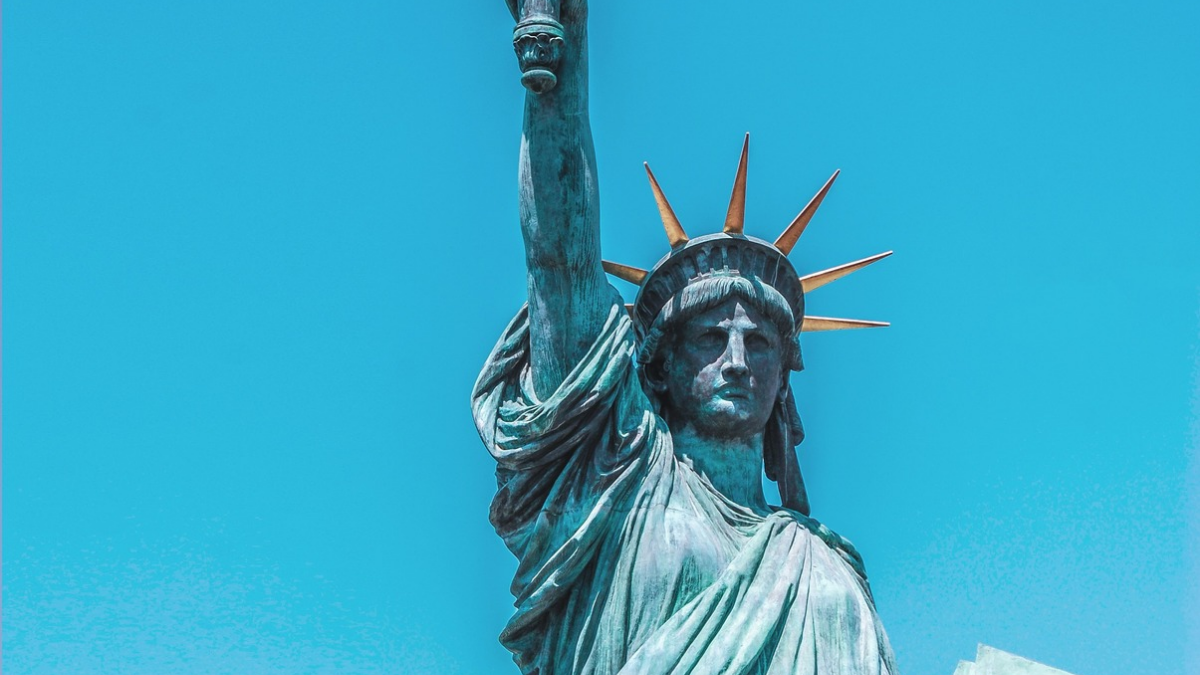Constitution Day is a public observance celebrated on September 17 of every calendar year, the day on which the United States Constitution was signed back in 1787. The day reflects principles that the country was based upon and about civic engagement that should be a part of one’s life. In the year 2025, Constitution Day will fall on Wednesday, September 17, and will be celebrated with various programs and educational events taking place all over the nation.
What is Constitution Day?
Constitution Day is a federal observance that recognizes the adoption of the United States Constitution and all who, by coming of age or naturalization, have become citizens. This day not only commemorates a pivotal moment in American history but provides a teaching moment highlighting the rights and responsibilities that come with citizenship.
Why is Constitution Day celebrated?
The spirit of Constitution Day embodies the occasion of learning and introspection for each and every citizen of this great country as to how one discharges his rights and performs his obligations towards this Constitution. Constitution Day celebration oozes values from this very document, which is democracy, justice, and liberty. It inspires people to communicate with the administration and understand how it works, thereby inspiring a sense of civic responsibility in citizens towards active participation.
This is utilized by teachers in schools across the nation to teach students about the Constitution and its history, relating it to the present world. This can be achieved by explaining the Bill of Rights, teaching the process of lawmaking, and even conducting mock trials so as to explain to them how the judiciary works.
Brief history: The signing of the Constitution
The U.S. Constitution was signed on September 17, 1787, at the Constitutional Convention in Philadelphia. In all, 55 delegates attended from 12 states-Rhode Island did not send any representatives-listening to debates and searching for an alternative to the Articles of Confederation. After many months of bitter debate and compromise, 39 ultimately signed the document that would serve as the blueprint for American government.
The principal drafter of the Constitution included George Washington, president of the convention; James Madison, sometimes called “the Father of the Constitution” for his central role in its drafting; and Benjamin Franklin, who lent his wisdom and prestige to the document. The Constitution was then submitted to state legislatures for ratification.
Amendments to the Constitution
The Constitution of the United States of America has been amended 27 times since its ratification. The first ten amendments are collectively called the Bill of Rights, which guarantees basic rights including free speech, freedom of religion, and assembly. The rest include everything from the right to vote to presidential succession.
Other critical amendments include but are not limited to:
- Thirteenth amendment: Abolished slavery.
- Nineteenth amendment: Gave women suffrage.
- Twenty-second amendment: The rule that limits the president to two terms.
The very process of amendment is intentionally cumbersome to guarantee that changes reflect a general consensus of the states. A proposal to amend may be initiated by two-thirds vote in each house of Congress or by a constitutional convention summoned by two-thirds of state legislatures. The amendment must, then be ratified by three-fourths of state legislatures or conventions.
Observance and activities
Constitution Day is commemorated through various activities focused on civic learning. Federal law encourages federal agencies and schools to provide programs that draw attention to the history and principles of the Constitution. Common commemorations include:
- Academic programs: Many schools will provide special classes focused on constitutional principles.
- Naturalization ceremonies: Many communities have naturalization ceremonies in which new citizens will take oaths of allegiance on this day.
- Public discourse: Libraries and civic organizations may also consider hosting a discussion or debate on constitutional themes.

